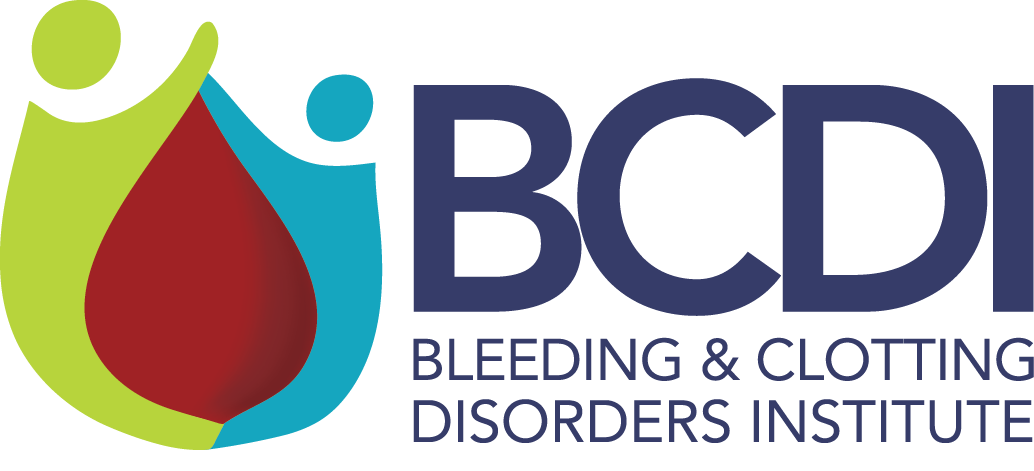Factor XI Deficiency
(Also known as Hemophilia C, Plasma Thromboplastin Antecedent (PTA) Deficiency, Rosenthal Syndrome.)
Factor XI Deficiency was only first recognized in 1953. The incidence of Factor XI Deficiency is estimated at 1 in 100,000. It is inherited in an autosomal dominant fashion, which means it affects men and women equally. In Israel, Factor XI Deficiency has been estimated to be around 8% among individuals of Ashkenazi Jewish descent.
